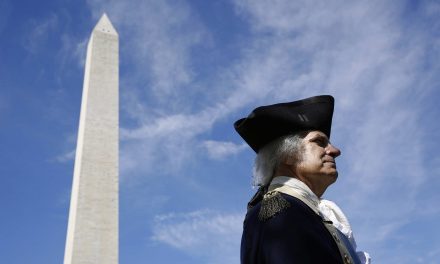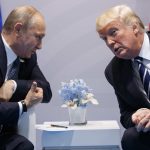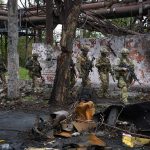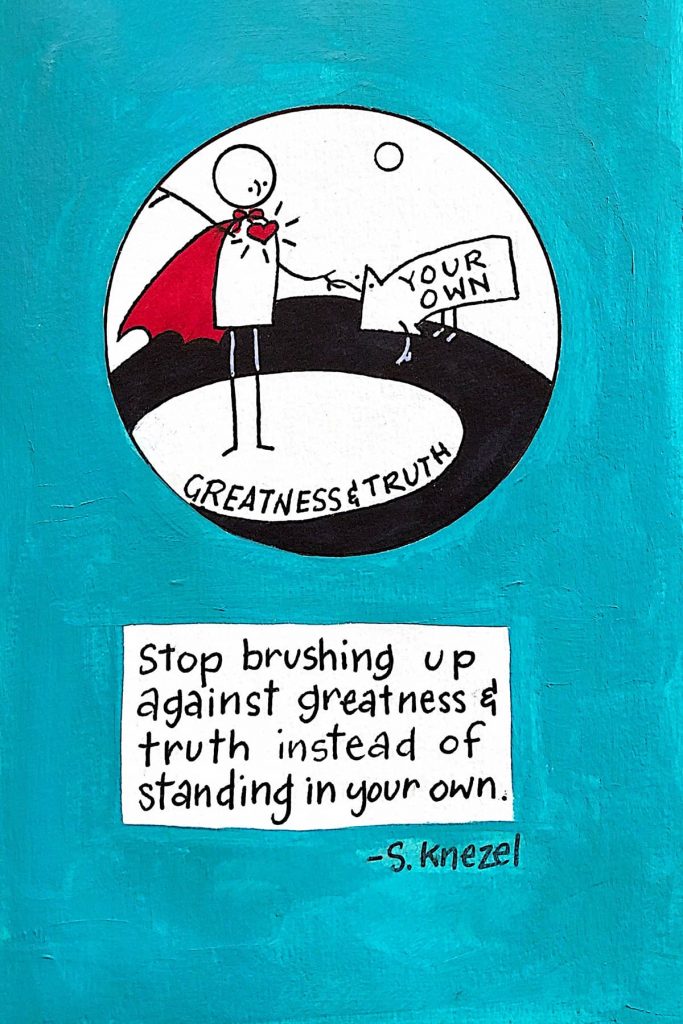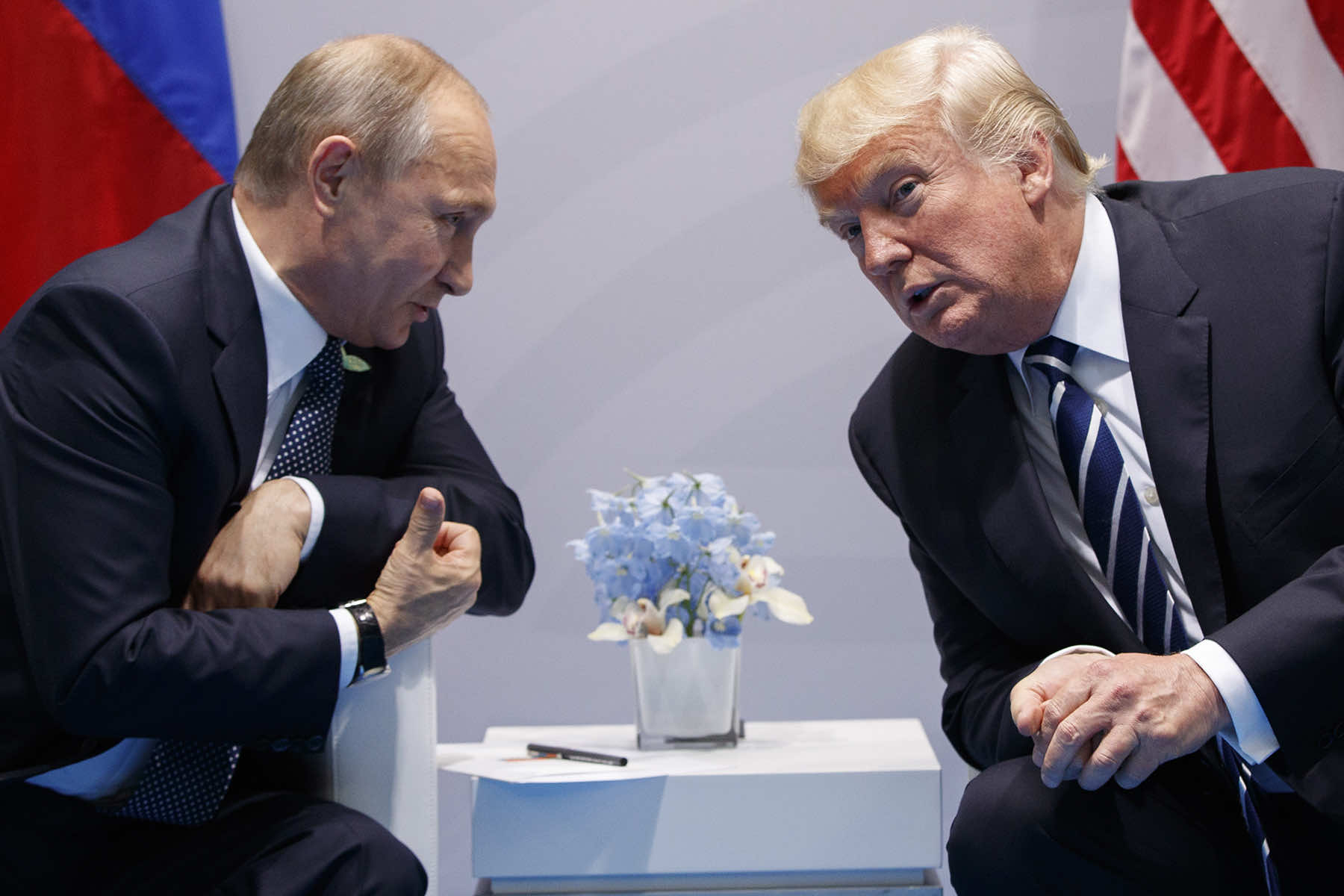
During his campaign, Donald Trump said repeatedly that he would be able to end the war between Russia and Ukraine “in 24 hours” upon taking office. He has changed his tone since becoming president again.
Trump’s swaggering promise to end Russia’s war of aggression against Ukraine in a single day now stands as one of the most humiliating and dangerous lies of his political career. Rather than deliver the miraculous peace he boasted of, Trump has presided over a chaotic, contradictory, and increasingly self-serving foreign policy that has undermined Ukraine, alienated allies, and emboldened the Kremlin.
He has traded bold talk for a cowardly retreat. Trump is attempting to rewrite his failure by blaming everyone else, especially Zelenskyy and former President Joe Biden, while evading responsibility for his own incompetence and appeasement.
Trump’s regime has not only failed to resolve the war, it has actively sabotaged diplomatic progress. His early outreach to the Russian dictator Vladimir Putin, paired with insults and ultimatums aimed at Ukraine, destabilized trust with NATO partners and cast doubt on America’s commitment to defending democracy abroad.
His suspension of military aid to Ukraine in March, his public embrace of Putin’s demands, and his suggestion that U.S. interests be served by taking over Ukraine’s infrastructure are not peace strategies, they are acts of betrayal.
What Trump once called a “very easy negotiation” has now become a diplomatic dead end, not because peace was impossible, but because he never had the skills to deliver it. His belief that he is a master negotiator is a delusion. He has no diplomatic skill, only the instincts of a bully and the tactics of a mob boss who uses threats, coercion, and menace in place of reasoned statecraft.
Now, with even his own advisers signaling a possible end to U.S. involvement, Trump is looking for an exit. Not from the war, but from accountability. His claims were not just false, they were reckless, calculated to elevate himself to cheat the American public into re-electing him, while doing lasting damage to Ukraine’s fight for survival.
This is not the leadership of a peacemaker. It is the abandonment of a cause he once claimed he could resolve with a phone call. And in the void of that broken promise, Ukrainians continue to die.
As various U.S. emissaries have held talks looking for an end to the war, officials in Trump’s regime have become more reserved about the prospects of a peace deal. Secretary of State Marco Rubio on April 18 suggested the U.S. might soon back away from negotiations altogether without more progress, adding a comment that sounded like a repudiation of the president’s old comments.
“No one’s saying this can be done in 12 hours,” he told reporters.
The promises made by presidential candidates are often felled by the realities of governing. But Trump’s shift is noteworthy given his prior term as president and his long histories with both Russian President Vladimir Putin and Ukrainian President Volodymyr Zelenskyy.
Here is a look at Trump’s evolution on the way he talks about the Russia-Ukraine war:
“A VERY EASY NEGOTIATION”
MARCH 2023: “There’s a very easy negotiation to take place. But I don’t want to tell you what it is because then I can’t use that negotiation; it’ll never work,” Trump told Fox News Channel host Sean Hannity, claiming that he could “solve” the war “in 24 hours” if he were back in the White House.
“But it’s a very easy negotiation to take place. I will have it solved within one day, a peace between them,” Trump said of the war, which at that point had been ongoing for more than a year since Russia’s full-scale invasion of Ukraine in February 2022.
MAY 2023: “They’re dying, Russians and Ukrainians. I want them to stop dying. And I’ll have that done — I’ll have that done in 24 hours,” Trump said during a town hall on CNN.
JULY 2024: When asked to respond to Trump’s one-day claim, Russia’s United Nations Ambassador Vassily Nebenzia told reporters that “the Ukrainian crisis cannot be solved in one day.” Afterward, Trump campaign spokesperson Steven Cheung said that “a top priority in his second term will be to quickly negotiate an end to the Russia-Ukraine war.”
AUGUST 2024: “Before I even arrive at the Oval Office, shortly after I win the presidency, I will have the horrible war between Russia and Ukraine settled,” Trump told a National Guard Conference. “I’ll get it settled very fast. I don’t want you guys going over there. I don’t want you going over there.”
AFTER TRUMP WINS IN NOVEMBER
DECEMBER 16, 2024: “I’m going to try,” Trump said during a news conference at his Mar-a-Lago club, asked if he thought he could still make a deal with Putin and Zelenskyy to end the war.
JANUARY 8, 2025: In a Fox News Channel interview, retired Lt. General Keith Kellogg — now serving as Trump’s special envoy to Ukraine and Russia — proposed a 100-day deadline to end the war. April 18 marked 100 days since that interview. The 100th day of Trump’s presidency is April 30.
TRUMP BECOMES PRESIDENT AND STARTS NEGOTIATIONS
JANUARY 31: Trump says his new administration has already had “very serious” discussions with Russia and says he and Putin could soon take “significant” action toward ending the grinding conflict.
“We will be speaking, and I think will perhaps do something that’ll be significant,” Trump said in an exchange with reporters in the Oval Office. “We want to end that war. That war would have not started if I was president.”
FEBRUARY 12: Trump and Putin speak for more than an hour and Trump speaks afterward with Zelenskyy. Trump says afterward, “I think we’re on the way to getting peace.”
FEBRUARY 19: Trump posts on his Truth Social site that Zelenskyy is serving as a “dictator without elections.” He adds that “we are successfully negotiating an end to the War with Russia, something all admit only ‘TRUMP,’ and the Trump Administration, can do.”
FEBRUARY 28: Trump and Zelenskyy have a contentious Oval Office meeting. Trump berates Zelenskyy for being “disrespectful,” then abruptly calls off the signing of a minerals deal that Trump said would have moved Ukraine closer to ending the war.
Declaring himself “in the middle” and not on the side of either Ukraine or Russia in the conflict, Trump went on to deride Zelenskyy’s “hatred” for Putin as a roadblock to peace.
“You see the hatred he’s got for Putin,” Trump said. “That’s very tough for me to make a deal with that kind of hate.”
The Ukrainian leader was asked to leave the White House by top Trump advisers shortly after Trump shouted at him. Trump later told reporters that he wanted an “immediate ceasefire” between Russia and Ukraine but expressed doubt that Zelenskyy was ready to make peace.
MARCH 3: Trump temporarily pauses military aid to Ukraine to pressure Zelenskyy to seek peace.
TRUMP CLAIMS HIS 24-HOUR PROMISE WAS “SARCASTIC”
MARCH 14: Trump says he was “being a little bit sarcastic” when he repeatedly claimed as a candidate that he would have the Russia-Ukraine war solved within 24 hours.
“Well, I was being a little bit sarcastic when I said that,” Trump says in a clip released from an interview for the “Full Measure” television program. “What I really mean is I’d like to get it settled and, I’ll, I think, I think I’ll be successful.”
MARCH 18-19: Trump speaks with both Zelenskyy and Putin on successive days.
In a March 18 call, Putin told Trump that he would agree not to target Ukraine’s energy infrastructure but refused to back a full 30-day ceasefire that Trump had proposed. Afterward, Trump on social media heralded that move, which he said came “with an understanding that we will be working quickly to have a Complete Ceasefire and, ultimately, an END to this very horrible War between Russia and Ukraine.”
In their own call a day later, Trump suggested that Zelenskyy should consider giving the U.S. ownership of Ukraine’s power plants to ensure their long-term security. Trump told Zelenskyy that the U.S could be “very helpful in running those plants with its electricity and utility expertise,” according to a White House statement from Secretary of State Marco Rubio and national security adviser Mike Waltz.
APRIL 14: Trump says “everybody” is to blame: Zelenskyy, Putin and Biden.
“That’s a war that should have never been allowed to start and Biden could have stopped it and Zelenskyy could have stopped it and Putin should have never started it,” Trump told reporters in the Oval Office.
TALK OF MOVING ON
APRIL 18: Rubio says that the U.S. may “move on” from trying to secure a Russia-Ukraine peace deal if there is no progress in the coming days.
He spoke in Paris after landmark talks among U.S., Ukrainian and European officials produced outlines for steps toward peace and appeared to make some long-awaited progress. Rubio has suggested that the next meeting could be decisive in determining whether the Trump administration continues its involvement.
“We are now reaching a point where we need to decide whether this is even possible or not,” Rubio told reporters. “Because if it’s not, then I think we’re just going to move on. It’s not our war. We have other priorities to focus on.”
He said the U.S. administration wants to decide “in a matter of days.”
Later that day, Trump told reporters at the White House that he agreed with Rubio that a Ukraine peace deal must be done “quickly.”
“I have no specific number of days but quickly. We want to get it done,” he said.
Saying “Marco is right” that the dynamic of the negotiations must change, Trump stopped short of saying he’s ready to walk away from peace negotiations.
“Well, I don’t want to say that,” Trump said. “But we want to see it end.”




